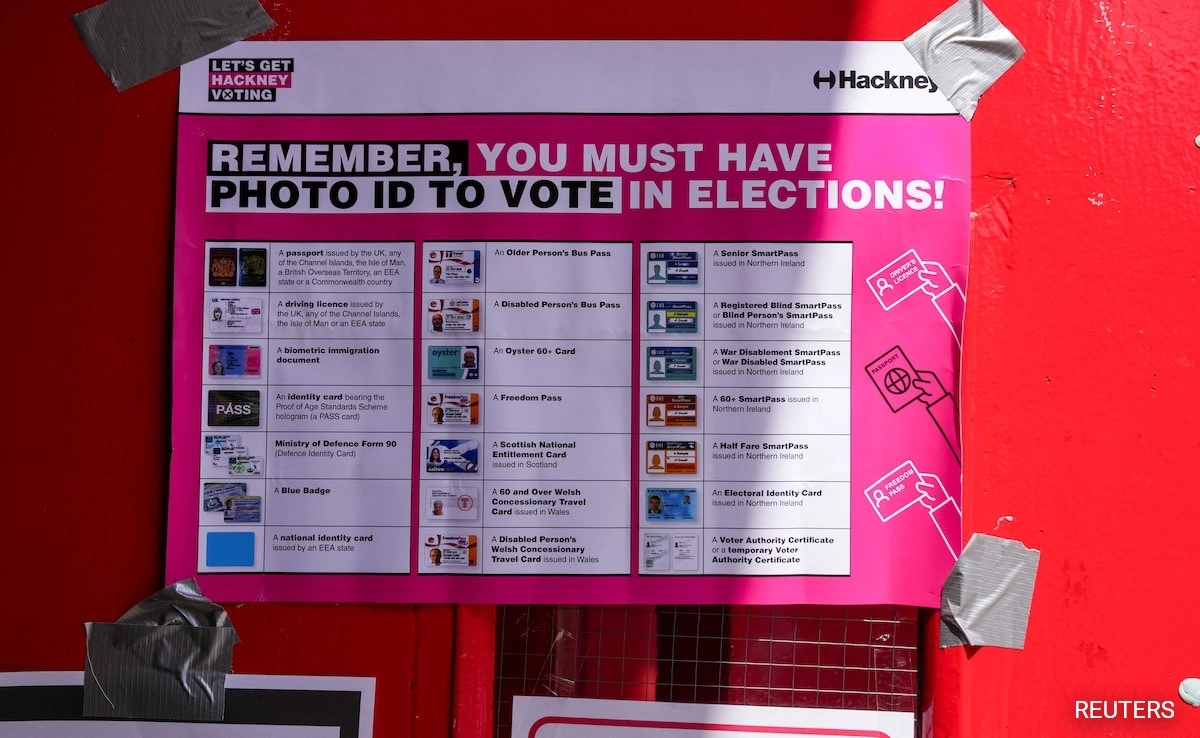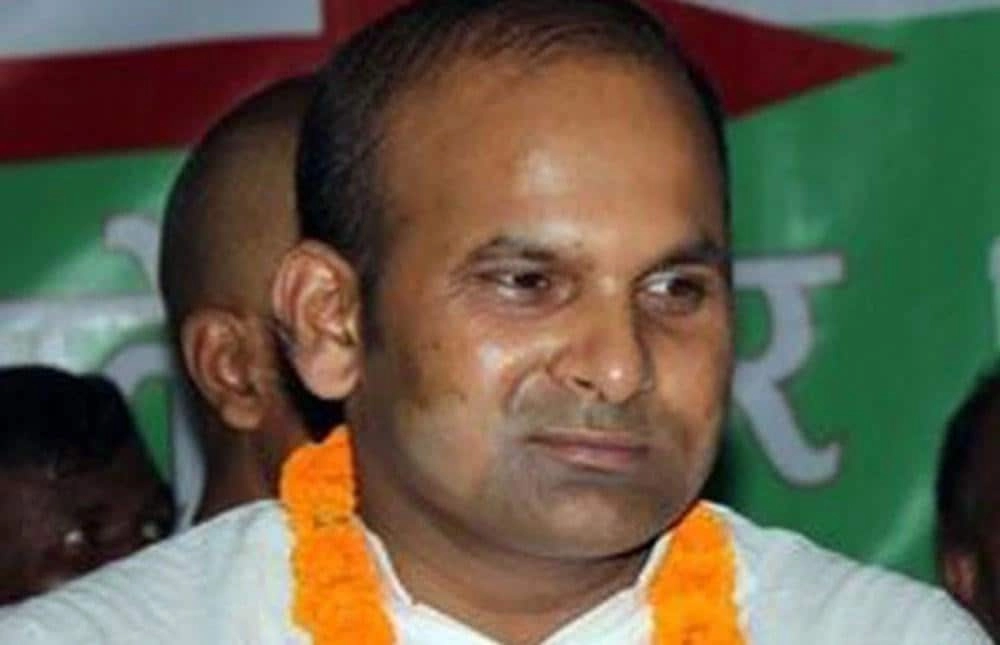In a groundbreaking move, the UK government has announced plans to lower the voting age from 18 to 16, marking a significant shift in its electoral reform strategy. This decision reflects a growing recognition of the importance of engaging younger citizens in the democratic process. By allowing 16- and 17-year-olds to participate in elections, the government aims to foster a sense of civic responsibility and encourage political involvement among the youth. This change is expected to not only empower younger voters but also to stimulate broader discussions about issues that directly affect their futures, such as education, climate change, and employment opportunities.
The proposal comes amid ongoing debates about youth engagement in politics and the need for more inclusive democratic practices. Advocates for lowering the voting age argue that many 16-year-olds are already contributing members of society, with responsibilities such as paying taxes and working. Furthermore, many young people are well-informed about political issues and passionate about their rights, making a strong case for their inclusion in the electoral process. The move aligns with similar changes in other countries, where younger voters have been granted the right to vote, resulting in increased political activism and awareness among the youth.
Opponents of the proposal, however, raise concerns about the maturity and readiness of younger voters to make informed decisions. They argue that many 16-year-olds may lack the necessary life experience and understanding of complex political issues to cast their votes responsibly. Nevertheless, proponents counter that education systems can help equip young people with the knowledge and skills needed to engage thoughtfully in political discourse. By integrating civic education into school curricula, students can be better prepared to participate in elections and understand the implications of their choices on society.
As the UK moves forward with this significant electoral reform, the potential implications for future elections are profound. Lowering the voting age could lead to a more representative democracy, where the voices of younger citizens are heard and considered in policymaking. This change could also prompt political parties to address the concerns and aspirations of younger voters, leading to a more dynamic and responsive political landscape. Ultimately, the decision to lower the voting age to 16 represents a pivotal moment in the UK’s commitment to fostering an inclusive and participatory democracy, encouraging the next generation to take an active role in shaping their society.




